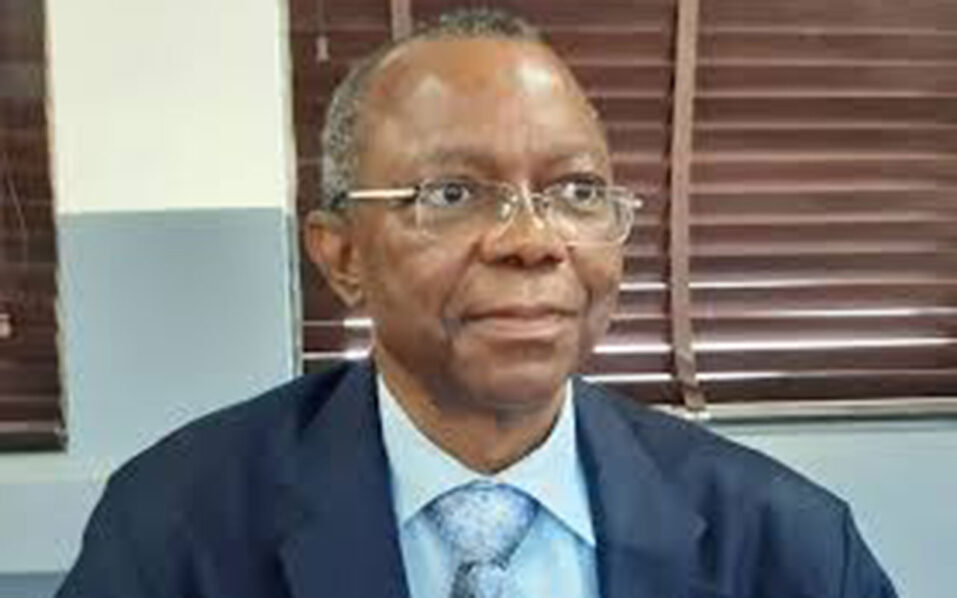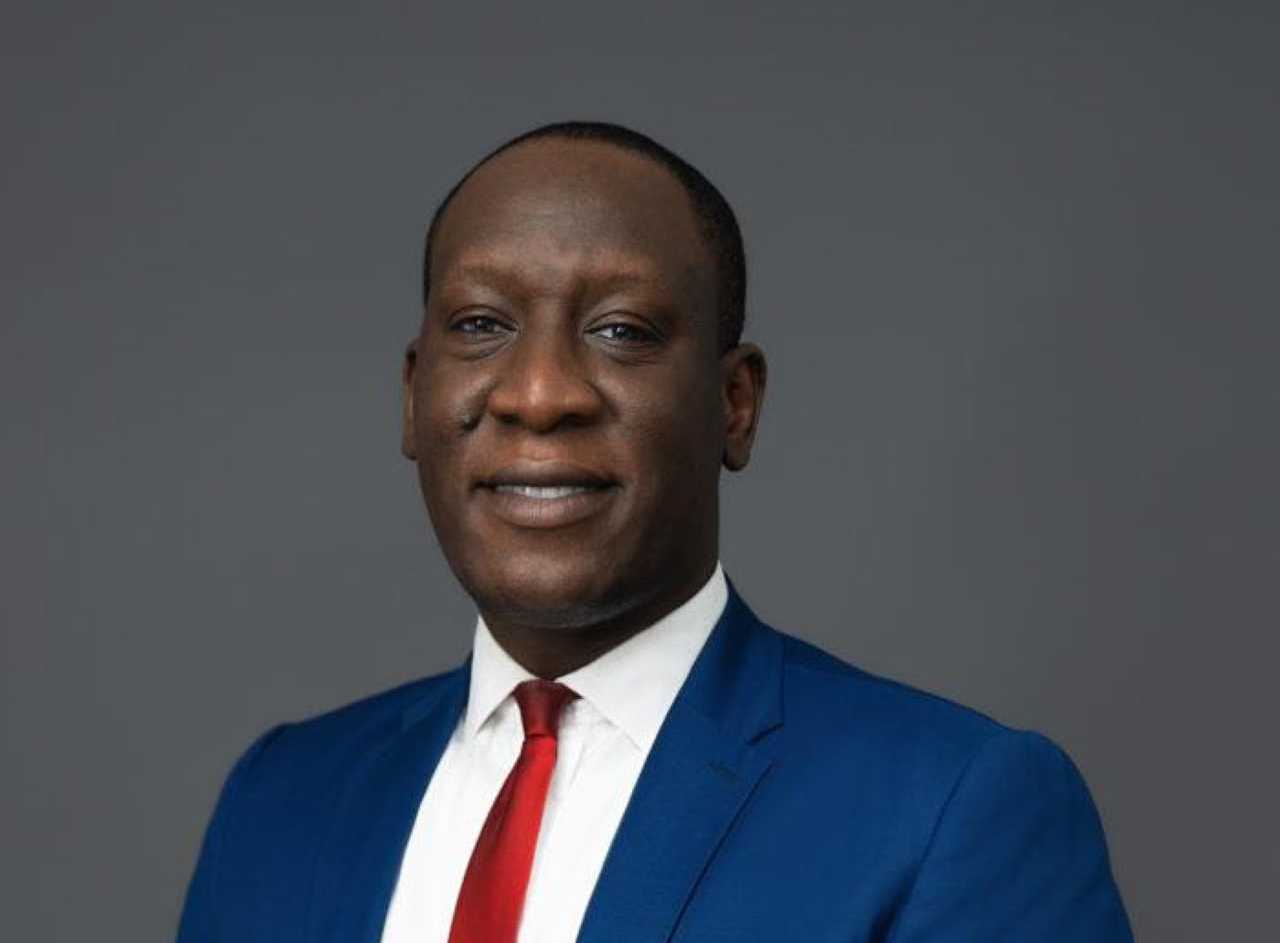
•Oyedele lists key growth drivers for the year
President of the Lagos Chamber of Commerce and Industry (LCCI), Gabriel Idahosa, has advocated a deeper analysis of the expected gains of rebasing the gross domestic product (GDP) and consumer price index (CPI).
He urged the government to remain focused on driving economic reforms towards achieving set goals and providing stable fiscal policies. Speaking in Lagos yesterday at the chamber’s 2025 Economic Review and Outlook Conference, Idahosa warned the monetary authorities not to get carried away with rebased inflation figures if they come out lower than the current 34.8 per cent. He said the rebased GDP, which will be much higher than the current figures, should not give room to more debts supported by a comfortable debt-to-GDP ratio.
Speaking on some of the economic reforms carried out in almost two years, Chairman of the Presidential Committee on Fiscal Policy and Tax Reforms, Taiwo Oyedele, said while said reforms impacted the standard of living of Nigerians, what was obtainable before the current administration was unsustainable. He said the government is open to making amendments where necessary such as the debate on manufacturing subsidy.
“We have also seen important fiscal measures around creating credit both for consumers and the private sector at an affordable rate,” he said.
On the fiscal side, he said, key issues that would impact the economy this year include the planned rebasing of GDP.
He said: “It would impact the country’s projected tax-to-GDP ratio, measurement of per capita income and investors’ perception of the country. Rebasing the economy gives the signal to investors to re-think the country and make investing in the country more seriously. The CPI basket would also be rebased to impact high inflation. Once CPI is rebased, it will give a clearer indication of where the country is going.
“This year, there should be changes and reforms concerning the budget process, medium-term expenditure framework and fiscal strategy paper due to the rebasing of the economy. There would also be changes and reforms around the budgeting process in a bid to plan better. The National Development Plan expires this year. So, there should be a replacement for that and plan in such a way that we are not just optimistic and aspirational but more realistic about economic goals and expectations.” He said the tax reform bills would be enacted into law by the end of Q1 and implemented by early July.
“This year, inflation would moderate, FX will stabilise and there would be more FX inflow to the federation account,” he said. CEO and founder of BAA Consult, Dr Biodun Adedipe, said for Nigeria to turn the corner and meet its lofty goals, it must increase oil production to two million barrels per day (mbpd), boost trade to support the current account and grow the agricultural sector by least three per cent versus 2.1 in 2023.
He said the economy is still highly vulnerable to external shocks – oil market variabilities and investment dynamics – reinforcing a strong case for a diversified external sector.
Speaking also, Special Adviser to the President on Economic Affairs, Dr Tope Fasua, said the rebasing would cover new areas, including digital economic activities, activities of modular refineries, activities of pension funds administrators, domestic households as employers of labour, quarrying and other mining activities, national health insurance scheme, illegal and hidden activities as well as the Nigeria Social Insurance Trust Fund (NSITF).






